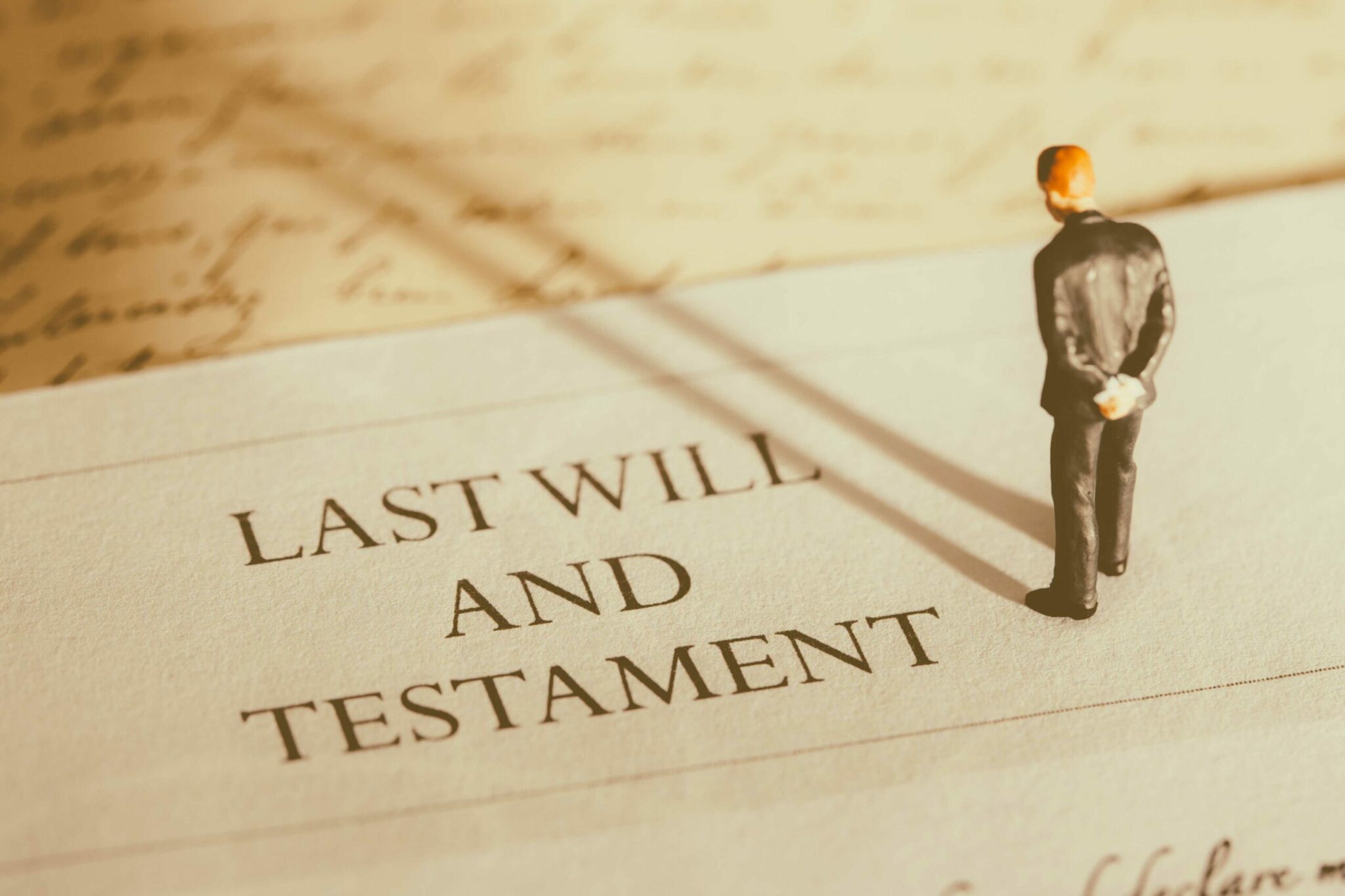Dealing with the loss of a loved one is already an emotional time.
Dealing with their life investments and assets can make your grieving period even more trying. However, with the right guidance, a grieving family member can feel a sense of pride in carrying out the last and best interests of their loved one. Ultimately, the key to being an ethical and effective estate trustee (executor) is following the wishes of the deceased and always keeping their best interests in mind.
What are my responsibilities?
An estate trustee is tasked with administering the assets of a person who has passed away. The Last Will and Testament [Will] is the blueprint which you are to follow when carrying out these tasks. Although there is a process for probate (in other words, authenticating the Will) to obtain your official estate trustee title, your responsibilities being the moment a person naming you their estate trustee in their Will has passed away. If a person dies without a Will, then a family member or a close friend is usually considered for the role, particularly if they have knowledge of the deceased’s wishes for burial or cremation and how they want their money divided.
Your role of being estate trustee places you in the shoes of the deceased. As an estate trustee, you will be tasked with
• organizing and paying for the deceased last rites
• gathering information on their assets and liabilities
• paying their debts
• filing documents with the court for probate
• communicating with their beneficiaries
These tasks may seem daunting to you at first – but the process can be made easier with the help of professionals, specifically a lawyer or accountant, to administer an estate.
Getting organized
There are typically different administration phases to each estate. During the initial one to three months, an estate trustee is tasked with: reading and understanding the deceased’s Will, arranging the funeral and burial/cremation wishes, investigating and gathering the deceased’s assets, and communicating with beneficiaries and other interested parties. Gathering information and taking control of the deceased’s assets can take some work, depending on how organized the deceased was with their finances. You will likely need to contact the deceased’s bank(s), speak with their insurance company(ies), take possession of their property and access their safety deposit box.
Communication is key
You will also need to communicate with beneficiaries. Like you, a beneficiary may also be grieving and having to deal with the family dynamic between the other beneficiaries. Communicating with beneficiaries may be difficult, particularly if the deceased instructs you to distribute what is left of the estate after all expenses and debts are paid disproportionately to one beneficiary over another. However, the key is to stay neutral and maintain your duty to the deceased’s wishes. Even if it is difficult, communicating your plan on how you intend to carry out the estate tasks and the applicable timelines is an effective way to comply with your duty and maintain neutrality.
Final steps
After gathering the assets and liabilities, and communicating with beneficiaries, the next step is filing for probate. Probate is a procedure to ask the court to: a) give the person authority to act as the estate trustee and b) approve the deceased’s Will. It is also the process in which an estate trustee will pay probate fees. The assistance of a lawyer is particularly helpful at this stage of the process because it involves drafting and filing court documents, notifying beneficiaries and interested parties, and paying probate fees.
Even before obtaining the certificate through probate, you will likely be receiving and disbursing monies on behalf of the estate. As part of your duties, you are required to keep complete and accurate accounts. Thus, the purchase of an accounting ledger will assist you in keeping track of amounts you have spent, allocated, used to pay off debts and distributed. Mark down an accounting history of the estate transactions and ensure that you keep your personal assets separate from the estate assets.
Once you have paid off most debts, you will determine the timing of distribution to beneficiaries. Before distributing, it is critical to understand that an estate trustee is liable if she or he distributes monies to beneficiaries but there are insufficient assets to cover outstanding estate debts.
Thus, three keys to protect an estate trustee from over distributing the estate:
- wait at least 6 months (which is helpful to determine Family Law Act issues with the deceased’s spouse)
- issue a notice to creditors to publicly advise creditors to bring forward outstanding estate debts and
- have a professional calculate the amount of tax liabilities owed by the estate and establish a holdback to cover these payments.
Key points to keep in mind for being an effective and responsible estate trustee:
- Always act in the deceased’s best interest. Do not favour a family member, including yourself.
- Consistently work on maintaining your neutrality in the process.
- Read the Will thoroughly and boil down what the deceased is saying in terms of his or her distribution of wealth.
- Communicate, communicate, communicate. Many trustees are resistant to communicating with beneficiaries. I would encourage transparency and openness with all beneficiaries. What you communicate with one, you should communicate with everyone else. Think about sending out correspondence to the beneficiaries giving them brief updates on what you have accomplished and what things are outstanding or you are waiting on (i.e. a good example will be dealing with CRA, who is notoriously slow in the assessment of the deceased’s last return and estate returns).
- Know what you can do yourself, and where professionals should come in. Estates come in all sizes and shapes. Some are very simple, others involve shares, operating companies, stocks and investment plans, assets in multiple jurisdictions and/or acrimonious beneficiaries. Keep a detailed record of transactions you carry out and get help if you do not understand or need guidance.
Keep in mind that the Estate law system often supports an estate trustee receiving some compensation for your work. However, your compensation is dependent on the amount of the work you perform, and how effectively and ethically you carry it out.
Whether you need a consultation or more in-depth assistance with an estate’s administration, an estate lawyer can assist you administering an estate. When considering a lawyer, you should try and find your match and comfort level, which will ensure that you are accomplishing your goal of carrying out your loved one’s final wishes.



